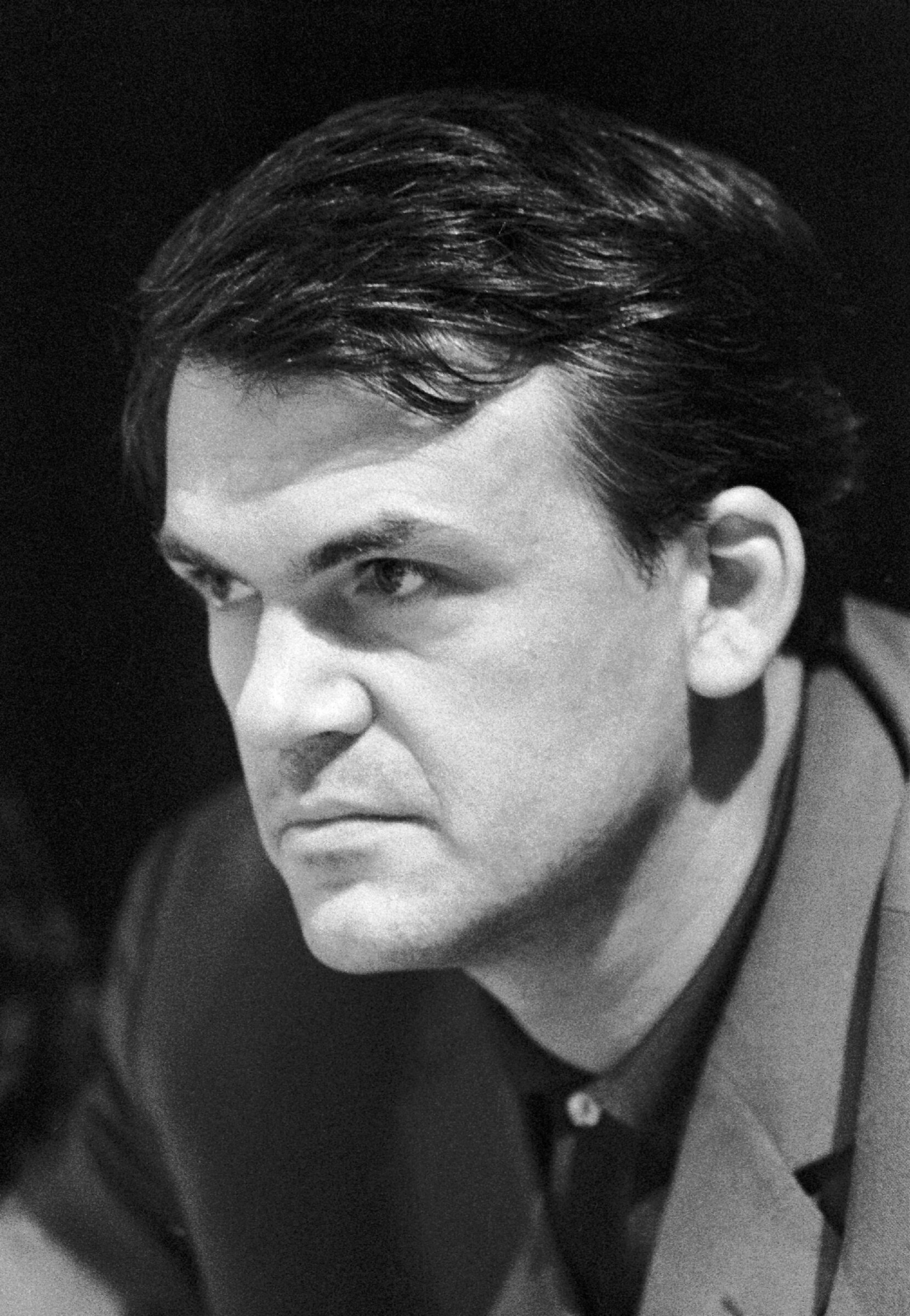PARIS -- Milan Kundera, the renowned but reclusive author whose dissident writings transformed him into an exiled satirist of totalitarianism and explorer of identity and the human condition, has died in Paris. He was 94.
Kundera died Tuesday afternoon, his long-standing publishing house Gallimard said in a one-sentence statement on Wednesday. It confirmed that he died in Paris, where he has lived for decades, but provided no further information.
The European Parliament held a moment of silence upon news of his passing. Kundera held both French and Czech nationality, which he lost and then regained.
Kundera was a man of few words whose novels were translated into dozens of languages, but he abhorred the publicity that came with it, refusing interviews.
"I dream of a world where writers are obliged by law to keep their identity secret and use pseudonyms," he wrote in the 1986 essay, "The Art of the Novel." Kundera used the sentence to respond to questions put to him in 2011 by Le Monde des Livres, agreeing to an "interview" via responses from his works.
"The Unbearable Lightness of Being," Kundera's best-known novel, opens wrenchingly with Soviet tanks rolling through Prague, the Czech capital that was the author's home until he moved to France in 1975. Weaving together themes of love and exile, politics and the deeply personal, Kundera's novel won critical acclaim, earning him a wide readership among Westerners who embraced both his anti-Soviet subversion and the eroticism threaded through many of his works.
"If someone had told me as a boy: One day you will see your nation vanish from the world, I would have considered it nonsense, something I couldn't possibly imagine. A man knows he is mortal, but he takes it for granted that his nation possesses a kind of eternal life," he told the author Philip Roth in a New York Times interview in 1980, the year before he became a naturalized French citizen.
In 1989, the Velvet Revolution pushed Communists from power and Kundera's nation was reborn as the Czech Republic, but by then he had made a new life -- and a complete identity -- in his apartment on Paris' Left Bank.
"Milan Kundera was a writer who was able to reach generations of readers across all continents with his work and achieved world fame ..." Czech Prime Minister Petr Fiala tweeted in the Czech language. "He left behind not only a remarkable work of fiction, but also an important work of essays."
He offered condolences to Kundera's wife Vera, who guarded her reclusive husband from the intrusions of the world.
"His life symbolized the turbulent history of our country in the 20th century. Kundera's legacy will stay alive in his works," Czech President Petr Pavel said.
Information for this article was contributed by Karel Janicek, Amer Cohadzik, Herzegovina and Raf Casert of The Associated Press.


